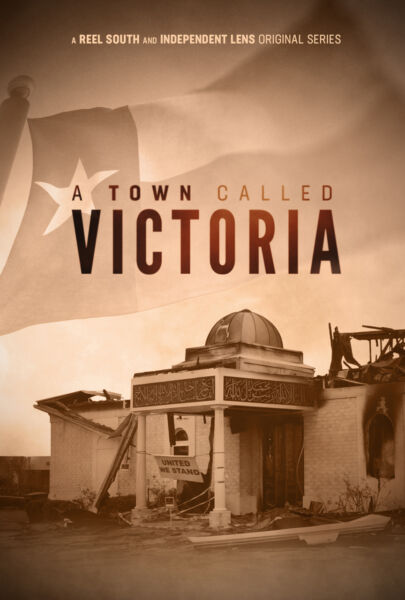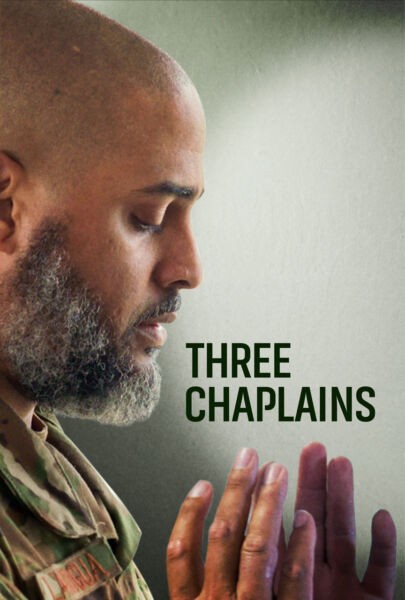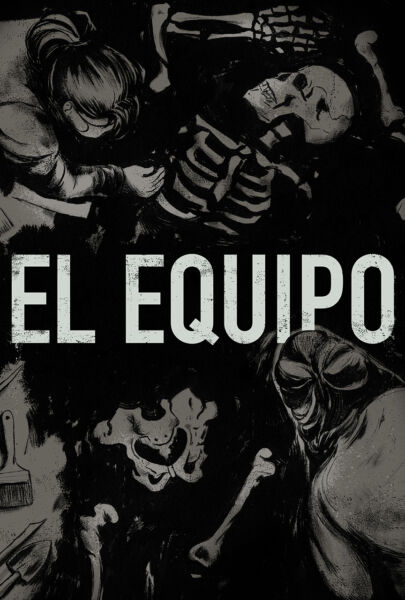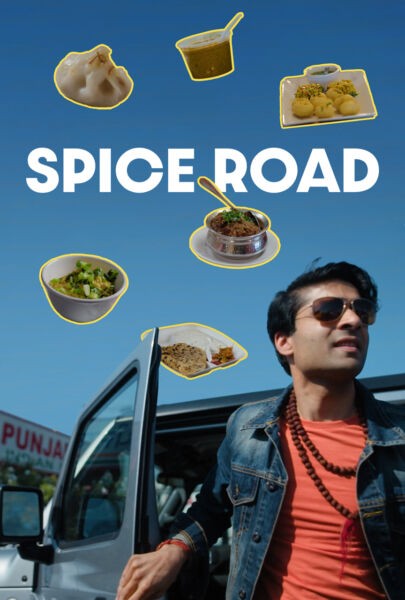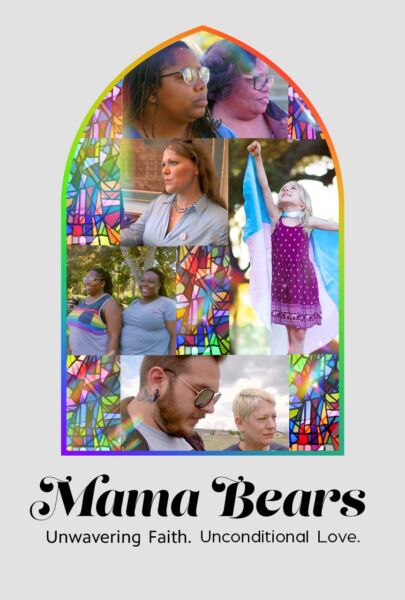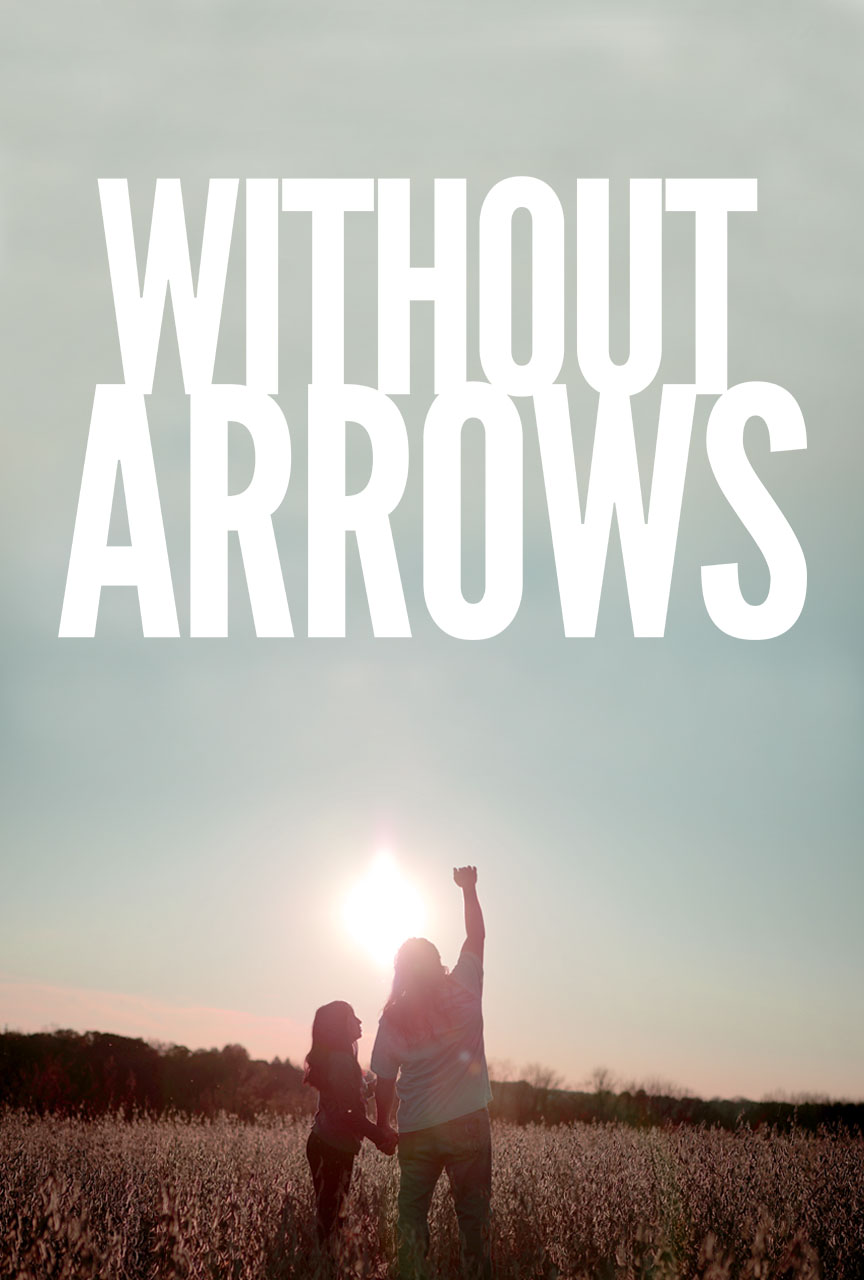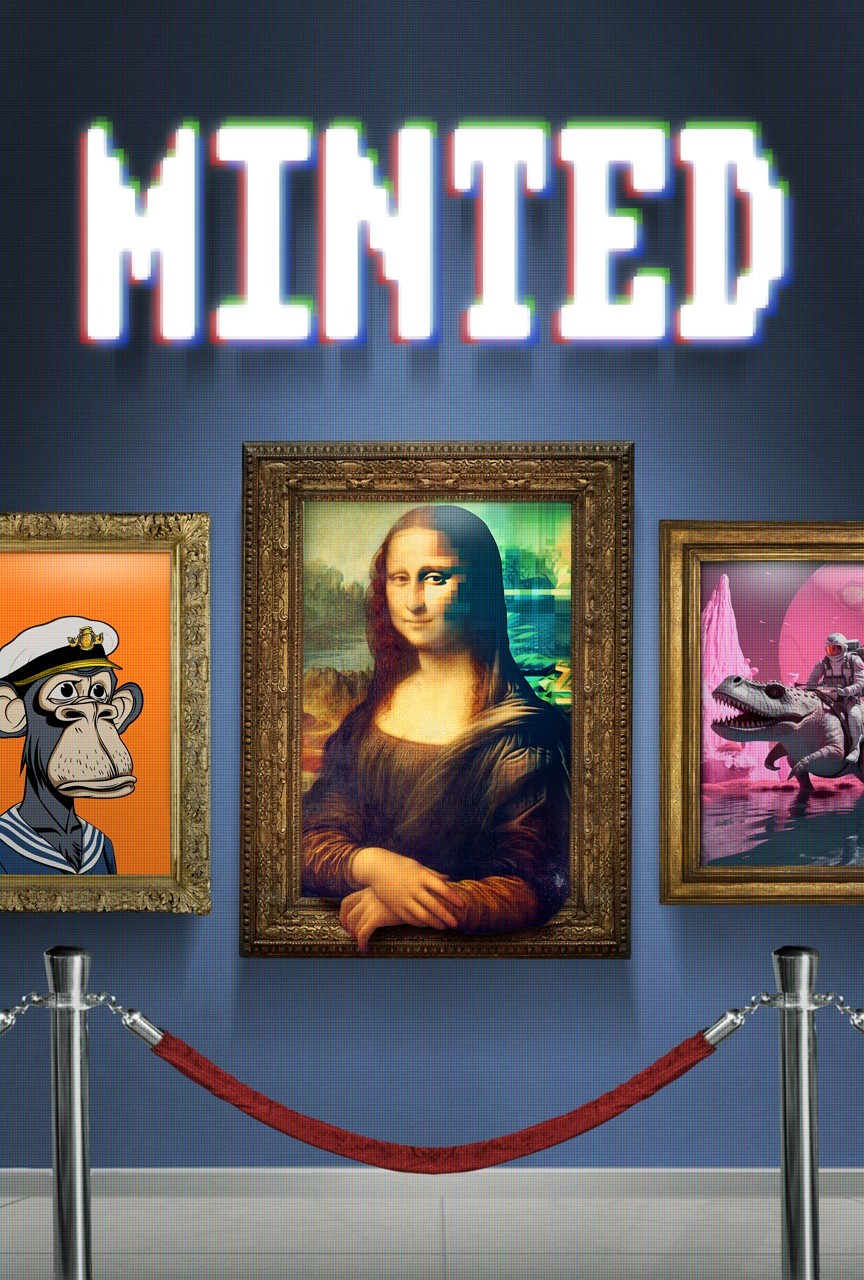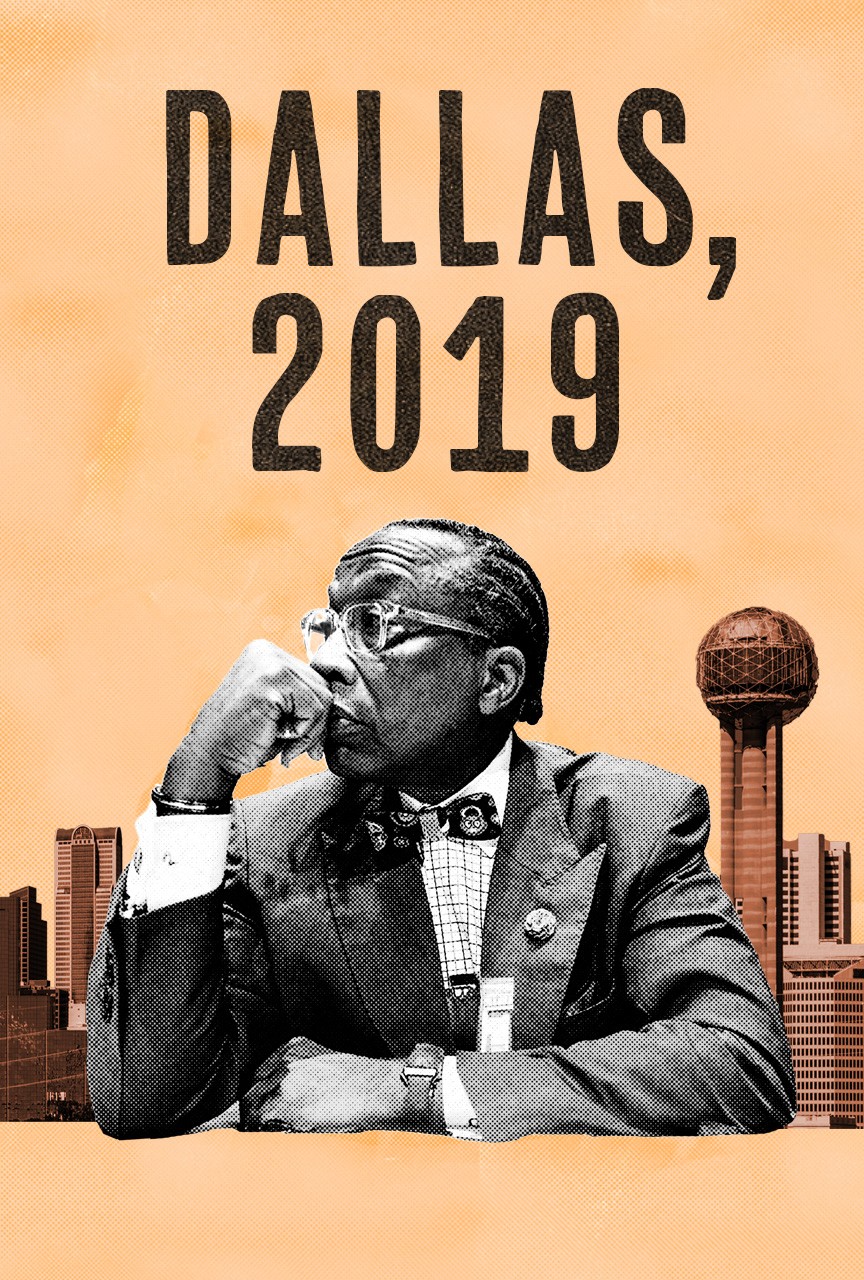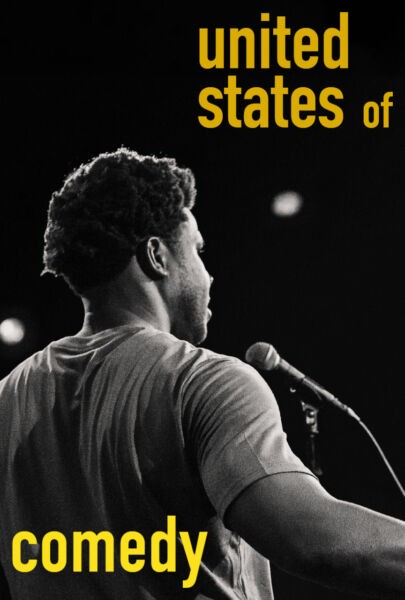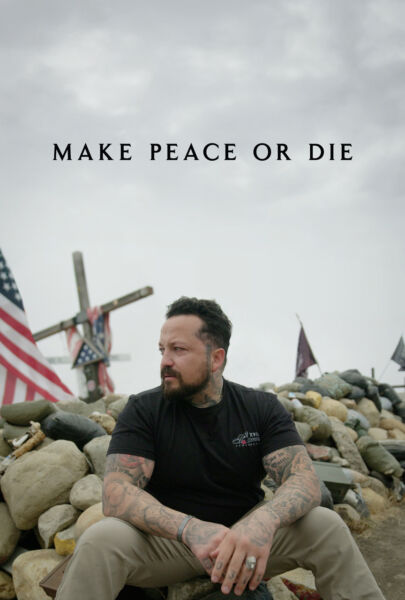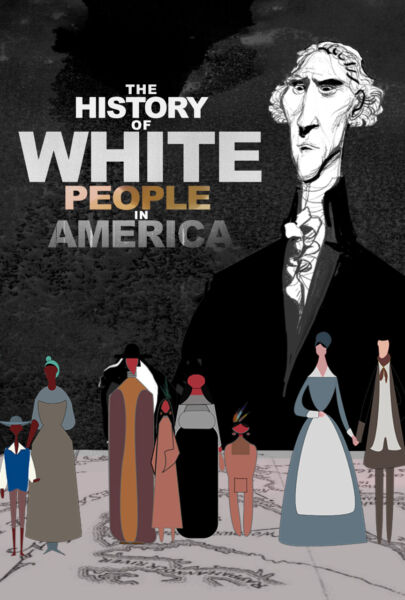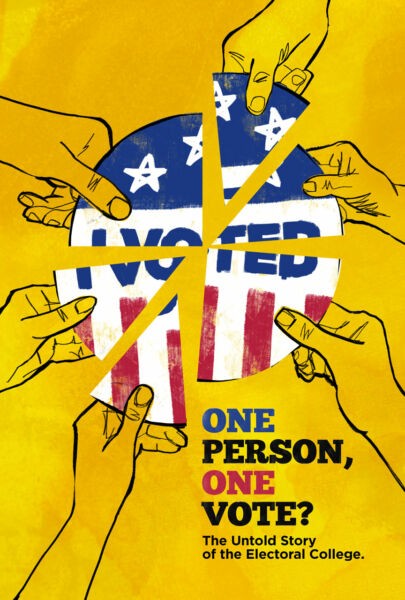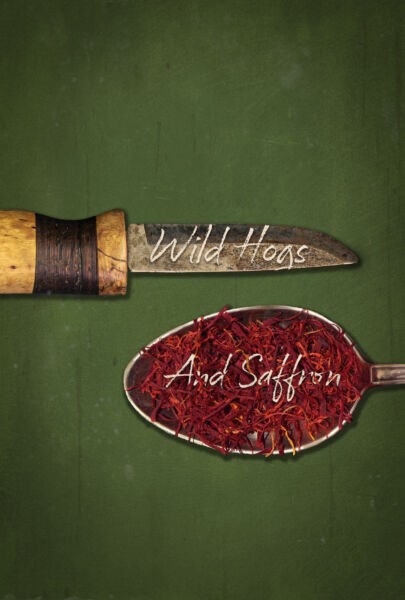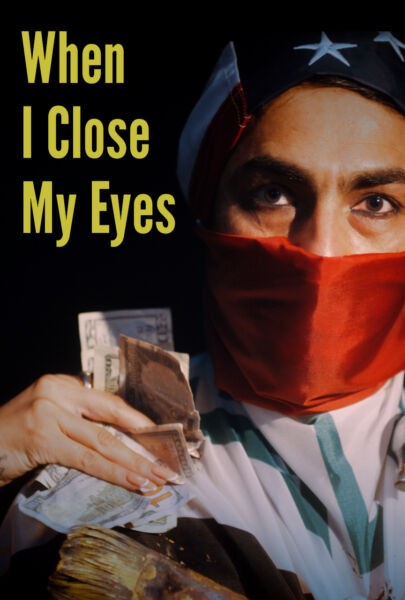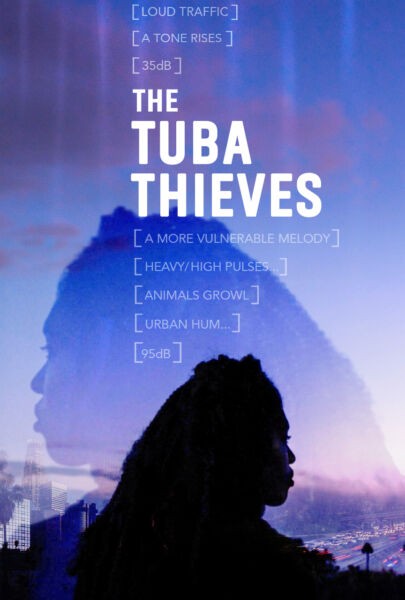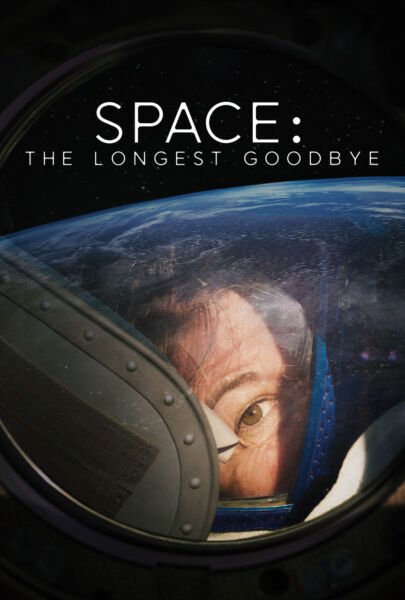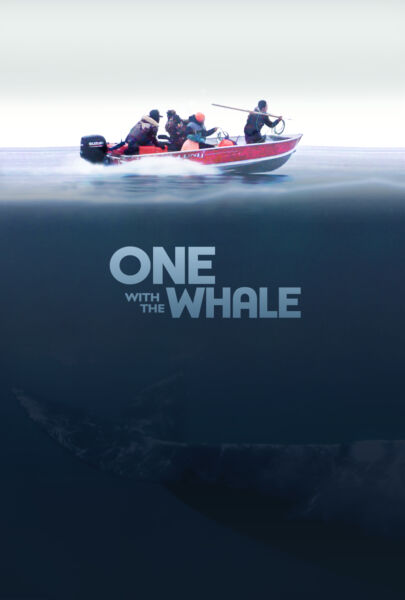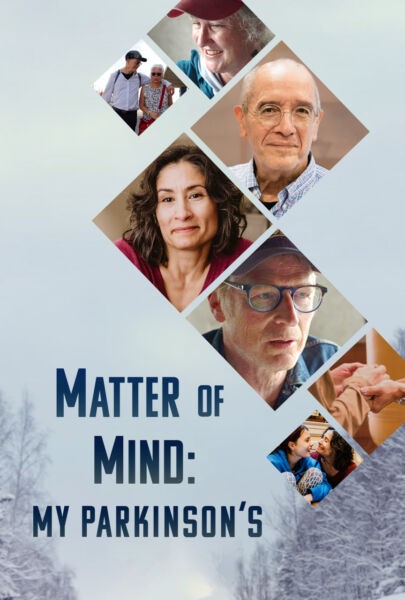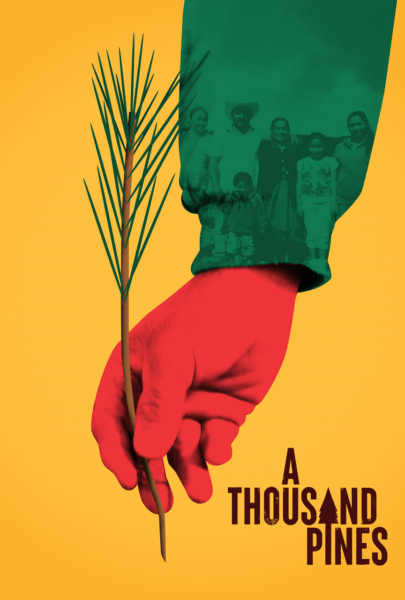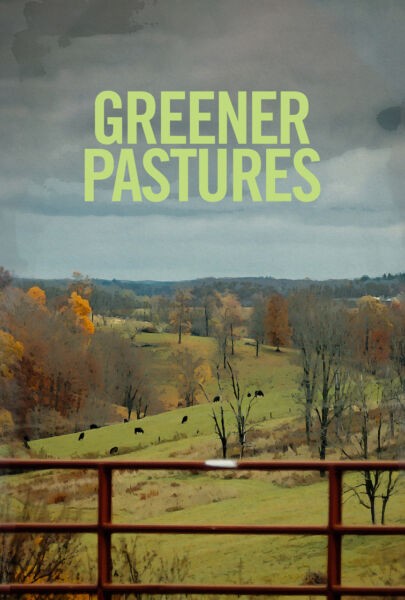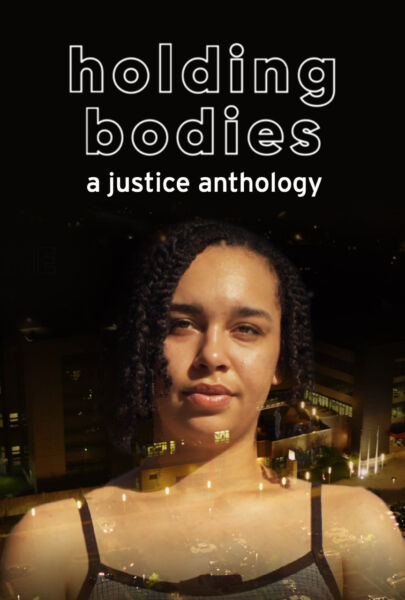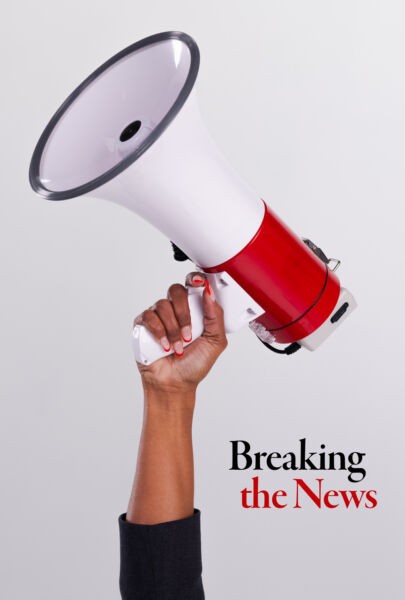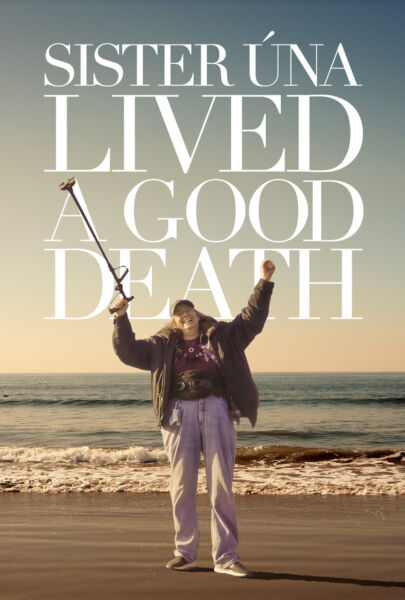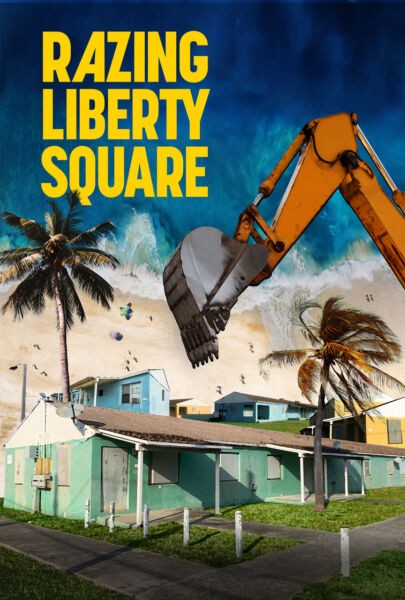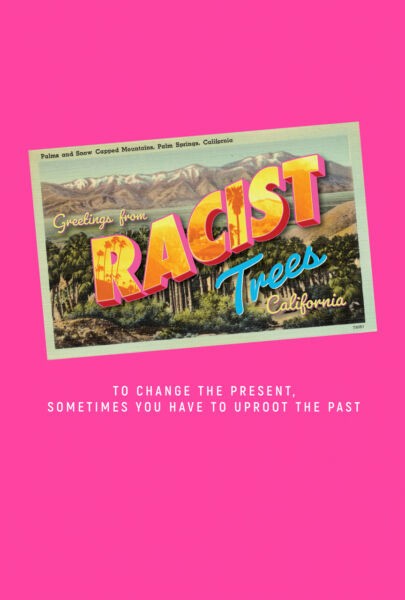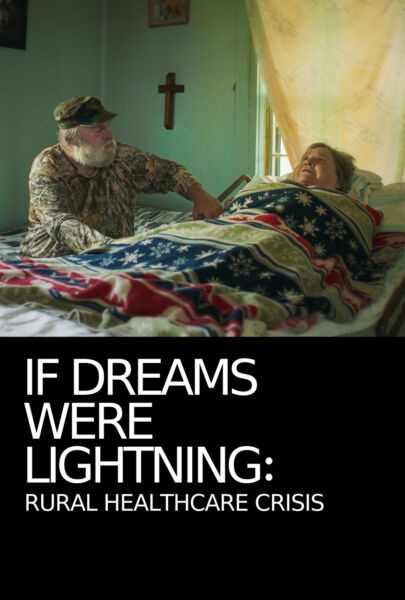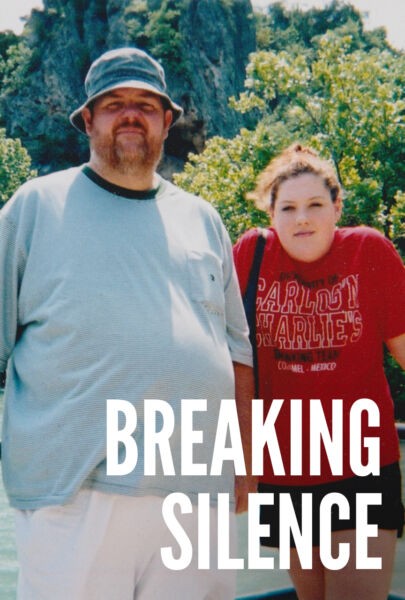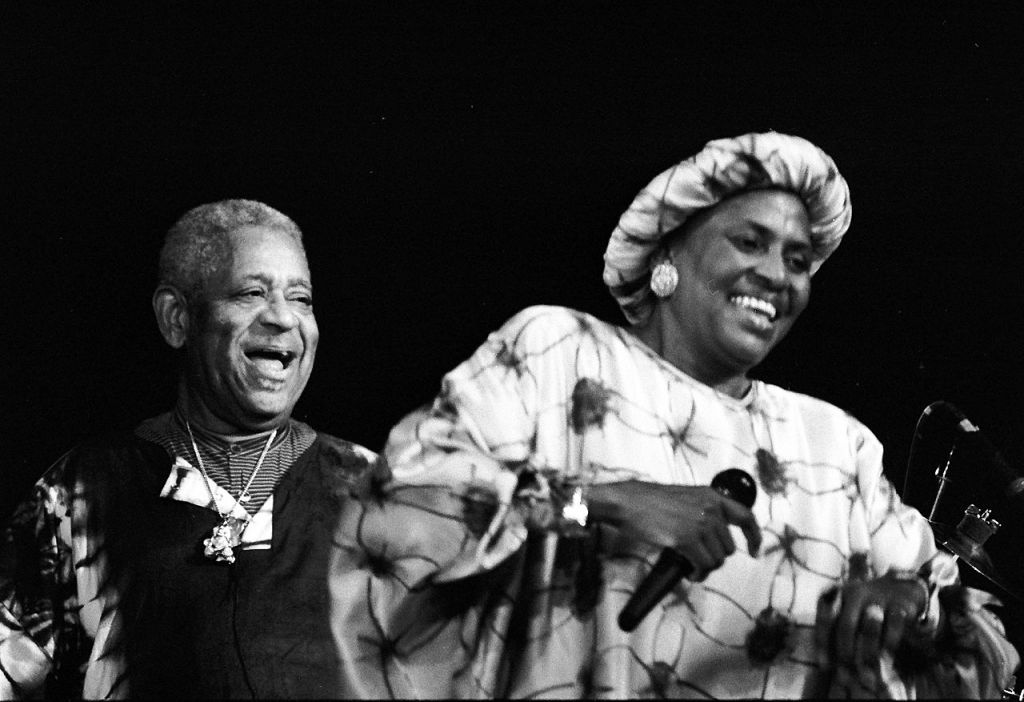
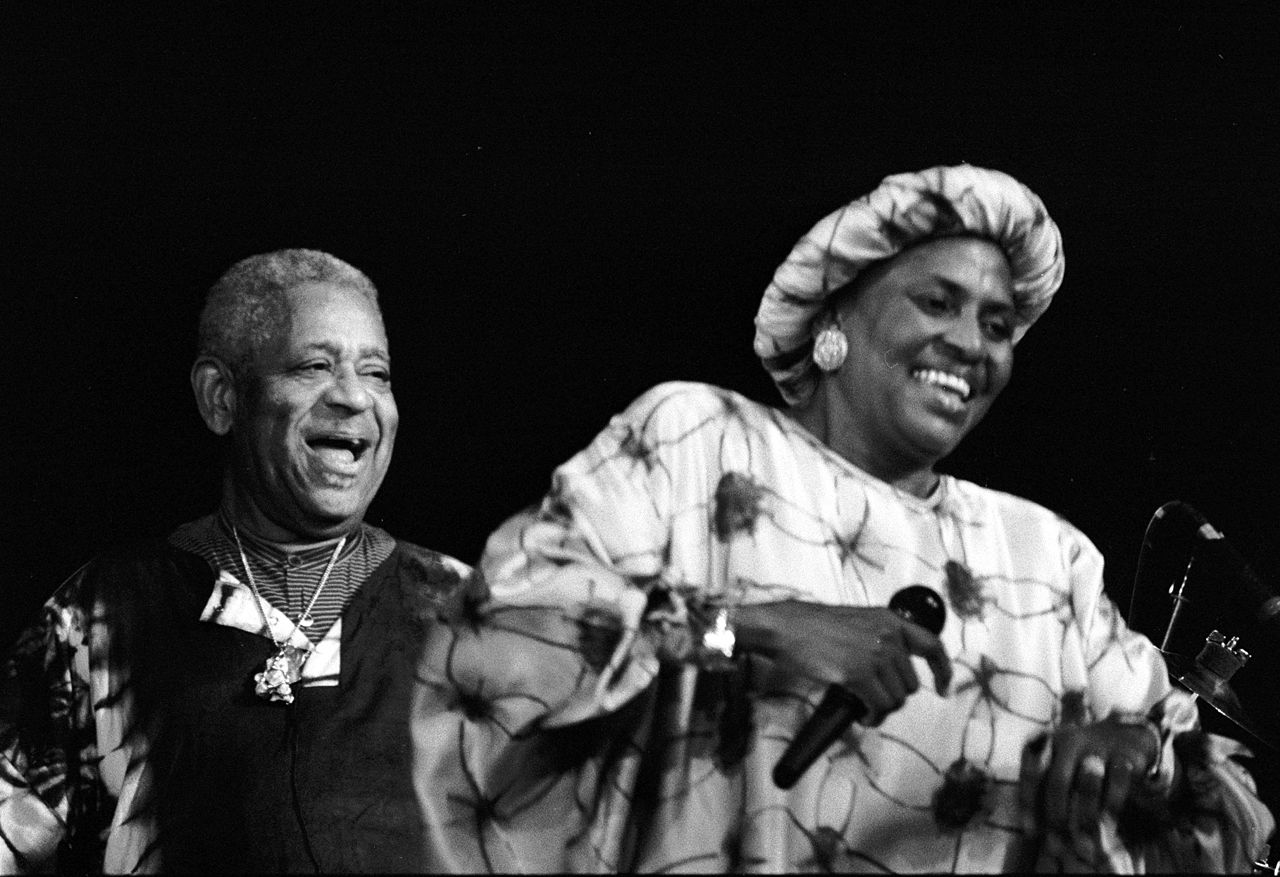
Miriam Makeba and Dizzy Gillespie, 1991
By Sarah Bardeen, guest contributor
Modern South Africa was forged in apartheid. The struggle defined life for generations of South Africans, and music was crucial in that struggle. Black South Africans saw their guns confiscated, their homes bulldozed, their land stolen, but in the mouths of demonstrators, song became both a balm and a weapon. And the revolution used it. The new Independent Lens documentary Winnie depicts that struggle and revolution from the perspective of Winnie Mandela’s story, and this new “Anti-Apartheid Songs of Protest” playlist [on Spotify] and accompanying overview is meant as a musical companion to that story.
[custom_html]
In the early years of apartheid, famous composers and poets like Vuyisile Mini churned out songs that were tested in the crucible of public protests, and adopted or abandoned immediately. The songs were often cheeky and direct: “Beware, Verwoerd,” sung here by Miriam Makeba, was taken up across the nation, with its confrontational chorus “Here come the black people / Beware, Verwoerd!” (Vuyisile Mini, tragically, would be hung for his compositions; he walked to the gallows singing his own songs.)
Others hid their messages in code. Dorothy Masuka helped transform a children’s song, “Khauleza,” into a freedom cry: “Hurry up, mama, hurry up!” took a new meaning in the context of the anti-passbook protests. Likewise, South African authorities took Nancy Jacobs’ upbeat swinger “Meadowlands” as a vindication of the government’s clearance of the once-thriving, multicultural Sophiatown. But black South Africans, forced to resettle in desolate townships like Meadowlands, knew better—they sang the song as they boarded the trucks out of town. Later, Miriam Makeba gave voice to the loss of that cultural center in “Sophiatown is Gone.”
Hundreds of other songs were composed in the moment, by protesters and ANC organizers, and never committed to tape. These songs became community property, acting simultaneously as oral history and inspiration, and sometimes even as a means of planning future protests right under the nose of the oppressors.
But by the late ‘50s, that early defiance was beginning to shift. In 1960, South African police gunned down dozens of peaceful protesters in Sharpeville, and artists and leaders were rounded up and imprisoned, or forced into exile. Inside South Africa, open defiance became a thing of the past. Instead, songs of mourning spilled out into the public sphere: songs like “Thina Sizwe,” which lamented the loss of the land to the white man, and questioned when it would be won back.
In “Nonqonqo (For Those We Love),” Letta Mbulu voiced the fear and sadness of countless women whose men were in jail, naming the ANC leaders, Mandela and Sisulu among them, who were rotting in the New London jail. “What have you done wrong, Africans?” the singer keened rhetorically.
As South Africa drove its brightest lights – Hugh Masekela, Abdullah Ibrahim, Makeba and many others – into exile, they did not stay quiet. Masekela plowed his angst into songs like “Sharpeville” and “Coal Train (Stimela),” and Makeba’s soaring, authoritative voice became synonymous with the struggle. Letta Mbulu exhorted the protesters to “Carry On” with chillingly accurate lyrics:
“They will tell their lying stories / Send their dogs to bite our bodies / They will lock us in their prisons / Carry on.”
But it was the haunting, elegiac “Senzeni Na,” with its endlessly repeated refrain, that said it all: “What have we done? / Our sin is that we are black / Our sin is the truth / They are killing us / Let Africa return.”
If the ‘70s began in retreat and mourning, however, the decade ended in open revolt – much of it thanks to young people, who were joining the ANC’s paramilitary arm, the MK or Umkhonto We Sizwe, and leaving the country to train. Vuyisile Mini’s defiant “Izakunyathel’i Afrika” was heard on young people’s lips again. Teenagers sang “Siyaya” to pull their comrades into the streets – and they came.
Yet again, South African artists were concealing messages in their songs: “Shona Malanga” took a song about domestic workers and turned it into an invitation to protest. The lyrics of the immensely popular “Sobashiya Abazale,” on the other hand, were not so subtle: they provided a neat blueprint for how to join this new, militant movement: “We will leave our parents at home / we go in and out of foreign countries / to places our fathers and mothers don’t know / Following freedom we say goodbye, goodbye, goodbye home.”
When the young people got back, trained in the ways of sabotage, they brought with them new songs, and a new way of being in the streets: “toyi-toyi.” Adopted from their Zimbabwean training exercises, the short, repetitive “toyi-toyi” songs were matched with powerful movements, which transformed the crowds of youth into one seething, chanting, unified mass. The outnumbered but heavily armed white authorities were now facing newly militant young people; it was an impressive and intimidating sight.
That spirit infused the Soweto youth uprising of 1976, and helped inspire exiled pianist Abdullah Ibrahim to compose “Mannenberg,” a joyous instrumental that exuded the beauty of black South African culture from every pore—as did his “Anthem for a New South Africa,” written over a decade before the real thing.
In the 1980s, the struggle against apartheid reached a fever pitch, and—finally—the rest of the world sat up and took notice. It started with Peter Gabriel, whose “Biko” brought the little-known story of murdered activist Steve Biko to western ears with a stark, arresting vocal track bookended by clips of the actual songs sung at Biko’s funeral.
Suddenly, the cause of South Africa became cool. From Jamaica to the US, artists recorded anti-apartheid tracks. The Specials took their cue from South African artists, embedding protest in their party music with the sparkling, upbeat “Free Nelson Mandela.” Black Uhuru and Peter Tosh sang of solidarity with their black brothers and sisters in “Freedom Fighter” and “Apartheid” respectively. And though Paul Simon’s album “Graceland,” recorded with Ladysmith Black Mambazo, drew criticism for breaking the artistic boycott against South Africa, the album made stars of Ladysmith and helped cement the west’s respect for South Africa’s vibrant culture.
Back in South Africa, a white musician, Johnny Clegg, was delving into Zulu music and culture, and his racially-mixed bands made him a constant target for harassment and arrest. In Juluka, he sang a parable about power in “Inkunzi Ayihlabi Ngokumisa”; later, in “Asimbonanga,” the message wasn’t hidden at all, as the singers asked where Mandela was.
Protest was even making it to pop radio. Yvonne Chaka Chaka slipped a song about Winnie Mandela past the censors by renaming it “I’m Winning (My Dear Love).” It became a massive radio hit. Outside the country, Abdullah Ibrahim’s wife, Sathima Bea Benjamin, saluted the country’s de facto first lady with the lovely jazz number “Winnie Mandela – Beloved Heroine.”
The cry for change was growing louder, as Hugh Masekela commanded the authorities to “Bring Back Nelson Mandela” and Vusi Mahlasela charted the course for what would happen with all those who came back. This was the sound of freedom, a freedom that slipped past the authorities and could not be squashed by them. When South Africa finally got her “Black President” in 1994 (serenaded by pop singer Brenda Fassie), all South African voices finally united to sing their true anthem: “Nkosi Sikelel’ iAfrika”—God bless Africa.
Sarah Bardeen is a long-time writer, editor, and music critic who covered World and Latin music for the streaming music service Rhapsody (now Napster) for over a decade. She’s also loaned her international music expertise to companies as diverse as Gracenote, Third Bridge Creative, and YouTube, and her music reviews have appeared on NPR’s “All Things Considered,” among other outlets. A few years ago, her career took a left turn and she now finds herself heading communications at the environmental and human rights organization International Rivers.


